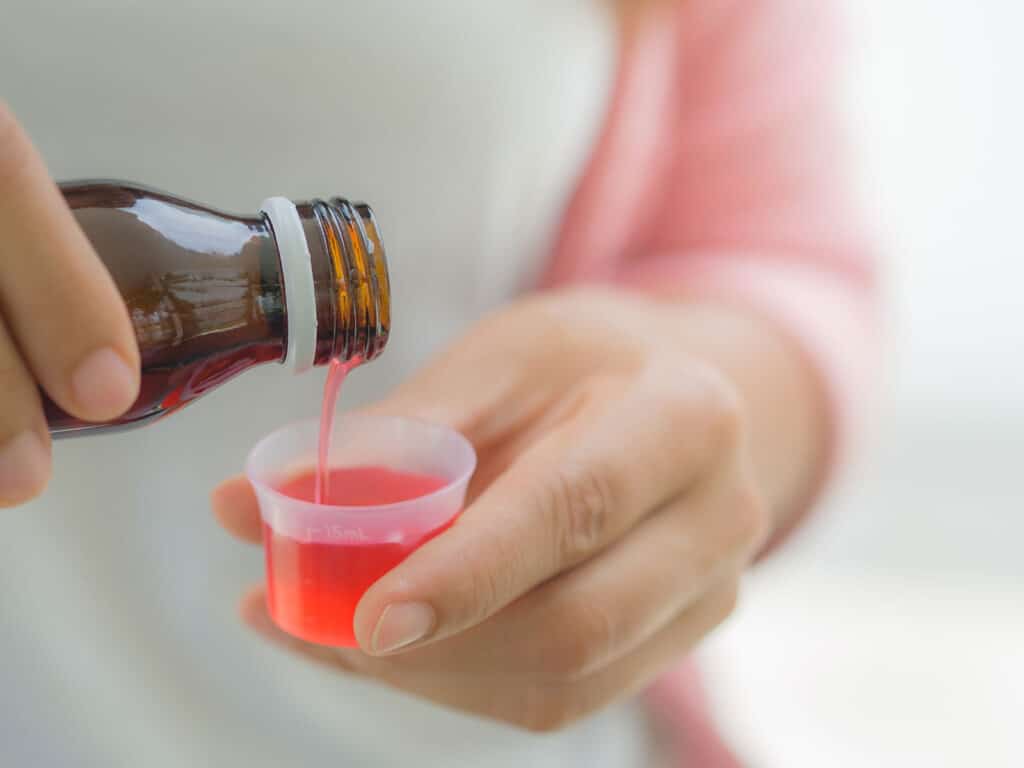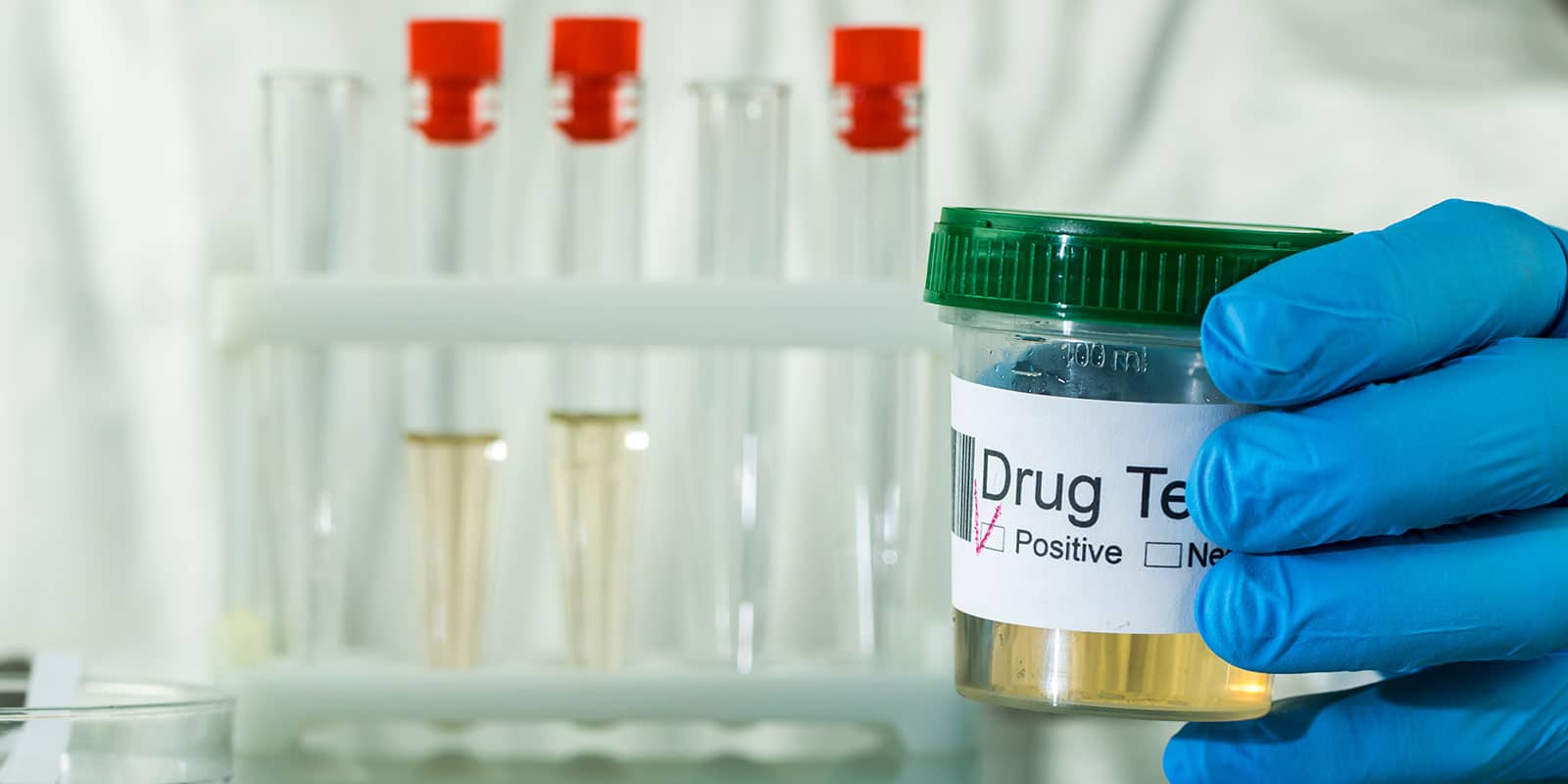Drug tests are frequently used for employment screening, workplace safety, sports, and other reasons to determine whether someone has been using prohibited or illegal drugs. Testing positive for a banned or illegal substance can keep you from getting your desired job or result in suspension or loss of employment.
In other words, a positive drug test can dramatically impact your life. With both the present and your future on the line, you need to be fully prepared for your next drug test, both before and after, depending on the results. Read further to be prepared and avoid a failed drug test in your workplace.
Table of Contents
How to Prepare
Some drug tests are random. In these cases, there is nothing you can do to adequately prepare. Most of the time, however, drug tests are announced ahead of time. In situations like this, you can take steps to avoid a positive test result.
The first step is learning about the testing procedure. Drug tests are taken through sweat, blood, hair, or urine sample. Knowing which drugs you will be tested for may also be helpful. Most drug tests screen for illicit substances like cannabis (marijuana), cocaine, opioids, amphetamines, and Phencyclidine (PCP). However, some tests are more advanced and can identify alcohol, hydrocodone, benzodiazepines, barbiturates, MDMA, and several other substances.
To be safe, it is best to try to avoid these substances. If you use any of them, it is important to immediately stop whenever you seek employment or may otherwise have a drug test planned. Some substances can be detected days, weeks, or even a month after the last use. While drinking more water may help you flush out whatever substance in your system, this often has little to no effect.
Medications That Cause a False Positive Drug Test
Certain medications, both prescription and over-the-counter, can trigger a false positive drug test. For example, taking any over-the-counter cough medications with dextromethorphan, such as Robitussin and Delsym, could falsely result in a positive urine test for PCP.

Meanwhile, diphenhydramine, widely used in over-the-counter allergy medications, can trigger false positive results for PCP and opiates. Aside from illicit drugs, there are common over-the-counter medications known to produce false positive drug test results include:
- Sudafed – Pseudoephedrine sinus medications, like Sudafed, may produce false positive results for amphetamine or methamphetamine.
- NSAIDs – Motrin, Advil, Aleve, and other NSAIDs may produce false positive results for THC and other barbiturates.
- Phentermine – The weight loss drug may produce false positive results for amphetamine.
In addition, many prescription medications can produce false positive drug test results. Some of these include:
- trazodone – The sleeping pill trazodone may produce false positive results for amphetamine or methamphetamine.
- Wellbutrin, Effexor XR, and other antidepressants – Antidepressants, such as Wellbutrin, Effexor XR, Sertraline, and Pristiq, may produce false positive results for a variety of illegal substances.
- Seroquel – The antipsychotic Seroquel may produce false positive results for methadone.
- PPI – Proton pump inhibitors (PPI), used in treating acid reflux and heartburn, may produce false positive results for THC.
Various other medications, even certain antibiotics, can potentially produce false positive results for several different illegal substances. Therefore, before submitting the required drug screening samples, you must disclose all of the medications you have recently taken. Don’t forget some substances can stay in your body for weeks.
Remember that drug tests don’t only come in hair tests or through urinalysis. There are accurate and comprehensive drug tests including gas chromatography-mass spectrometry and liquid chromatography tests. Your test administrator will determine the drug test for you according to the demands of the employer or organization and the provided medications list. Some private employers have a more strict drug testing requirement to enforce a drug-free workplace.
Best Defense for Positive Drug Test
Failing a drug test can have long-lasting consequences, so it is understandable to be concerned if you are worried about an upcoming drug test or being surprised with an unannounced test. After all, testing positive for any illegal or banned substance may impact your job or job prospects and other important areas of your life.
Knowing this, the best defense for a positive drug test is to not ingest any illegal or banned substances in the first place. However, testing positive on a drug test isn’t always so cut and dry. Several factors can influence drug test results.

What Causes a False Positive Result?
There are different factors that lead to a false positive result. Here’s what you should know:
- Secondhand smoke exposure: For example, second-hand exposure to marijuana smoke can lead to a false positive result. If you don’t engage in marijuana use but inhaled it at a party, it may produce to a false positive result.
- Over-the-counter medications: As discussed, certain over-the-counter and prescription medications used to treat everything from colds to allergies, and depression can also cause false positive results.
- Even eating poppy seeds, using certain lotions and shampoos, and ingestion of natural supplements can result in a false positive drug test result.
- While uncommon, there’s also always the possibility of lab mix-ups and mistakes. If you are concerned, you may have tested positive for an illegal or banned substance, or if you feel a mistake was made, it is crucial to ask for a retest. If the drug test results were legitimate and you fail a retest if approved, it may be a sign of drug addiction or dependency.
However, to avoid positive or false positive results and being put in the situation of defending a positive drug test, it is important to disclose every medication or supplement you have recently taken before submitting your drug screening samples. Remember, some substances can remain detectable in your system for several weeks after last being used.
Remember That Not All Drug Tests Are the Same
Remember that not all drug tests are the same. Similar to the drugs they are meant to detect, there are various drug tests, and some are more sensitive than others. For example, gas chromatography-mass spectrometry and liquid chromatography tests are extremely sensitive and can detect trace amounts of forbidden substances.
The test administrator will determine the right type of drug test according to the medications you have been taking. While some workplaces and organizations have written policies to terminate the relationship when a positive drug test occurs, others may be more lenient.
Some may allow you to return to the workplace or let you back on the team by agreeing to regular and random drug testing and completing a recognized drug rehabilitation program. Being honest with yourself and others may be challenging, but it will yield the most significant results and pay off for you personally and professionally in the long run.
How to Dispute Positive Drug Test
If you have received positive drug test results but feel an error occurred, or the results are otherwise false, there are a few things you can do.
- Firstly, you should ask for a retest from the original test’s laboratory. If the retest results are positive, you can request to view the laboratory’s quality control records.
- You can also opt for an independent drug test at another drug testing facility. If these results also come back positive, then there is not much more you can do. However, if the independent test results come back negative, they can be used to dispute the positive result.
- If you believe your false positive result could be caused by something you may have ingested or used, you should disclose this information fully and as soon as possible.
- False positive test results can be resolved by providing additional information regarding your recent exposures or medical history. If your positive test results from a legitimate reason, it is vital to be as forthright as possible about the reason.
On the other hand, a positive drug test based on legitimate results and the use of banned or illegal substances is nearly impossible to disprove. In such a case, ineffective excuses and additional tests will not help. The best thing you can do is accept the positive drug test result and the consequences of it.
Nonetheless, showing initiative in overcoming your addiction is always helpful. Some workplaces may be more lenient if you demonstrate a desire to get clean. Just know, however, that getting clean doesn’t begin with ineffective excuses.
It begins by acknowledging your substance abuse or addiction and asking for help. While being open and honest is an important first step, undergoing drug addiction counseling and treatment is essential in avoiding positive drug tests in the future and living a sober and healthy life.

Explore Your Treatment Options
At Long Island Treatment Center, we understand the devastating effects a positive drug test could have on your life. Abusing drugs or suffering from addiction can negatively impact your relationships, employment, and other vital areas of your life.
Our passionate, experienced addiction treatment professionals provide effective treatment for addiction to alcohol, opiates, cocaine, amphetamines, and several other legal and illegal substances. We’re here to support you throughout your journey to sobriety and provide you with the tools you need to live life on your terms. Contact Long Island Treatment Center for a private consultation and to discuss your addiction treatment options.
FAQ
What happens if you get a positive drug test?
What does positive mean on a urine drug test?
How long can urine test positive for drugs?


